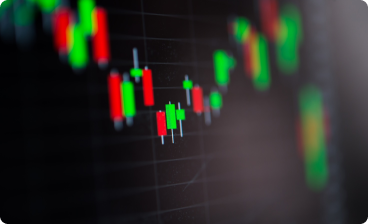Blockchain technology is poised to revolutionize supply chain management by enhancing transparency, traceability, and efficiency across the entire ecosystem. Unlike traditional systems, blockchain offers a decentralized ledger that records transactions in a secure and immutable manner. This transformative technology ensures that every transaction, from raw material sourcing to final delivery, is documented and verified, reducing the risk of fraud and errors.
One of blockchain’s key advantages is its ability to create an unalterable record of each step in the supply chain. This transparency helps in tracking goods through every stage, ensuring authenticity and quality assurance. For instance, in agriculture, blockchain can verify the origin of produce, providing consumers with confidence in food safety and ethical sourcing practices.
Moreover, blockchain’s decentralized nature reduces dependency on intermediaries, thereby streamlining processes and reducing costs. Smart contracts, a feature of blockchain, automate agreements and payments when predefined conditions are met, further enhancing efficiency and reducing disputes.


Looking ahead, blockchain’s potential in supply chain management is vast. Integration with IoT devices could enable real-time monitoring of goods, ensuring optimal conditions during transit and minimizing losses. AI-powered analytics on blockchain data could provide insights for predictive maintenance and inventory management, optimizing supply chain operations.
As businesses increasingly prioritize sustainability and ethical practices, blockchain offers a robust solution for verifying and promoting responsible supply chain management. By providing a transparent and trustworthy framework, blockchain is set to redefine how businesses operate, fostering greater accountability and reliability in global supply chains.
In conclusion, the future of blockchain in supply chain management holds promise for greater transparency, efficiency, and trustworthiness. Embracing this technology can empower businesses to meet evolving consumer demands for sustainability and accountability, paving the way for a more resilient and responsive global supply chain ecosystem.

